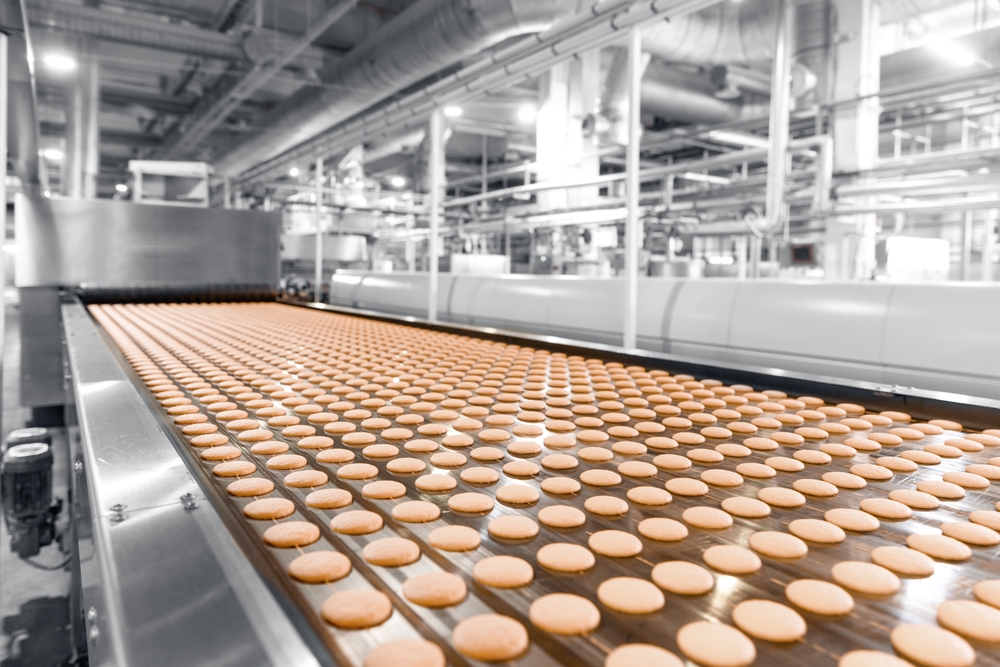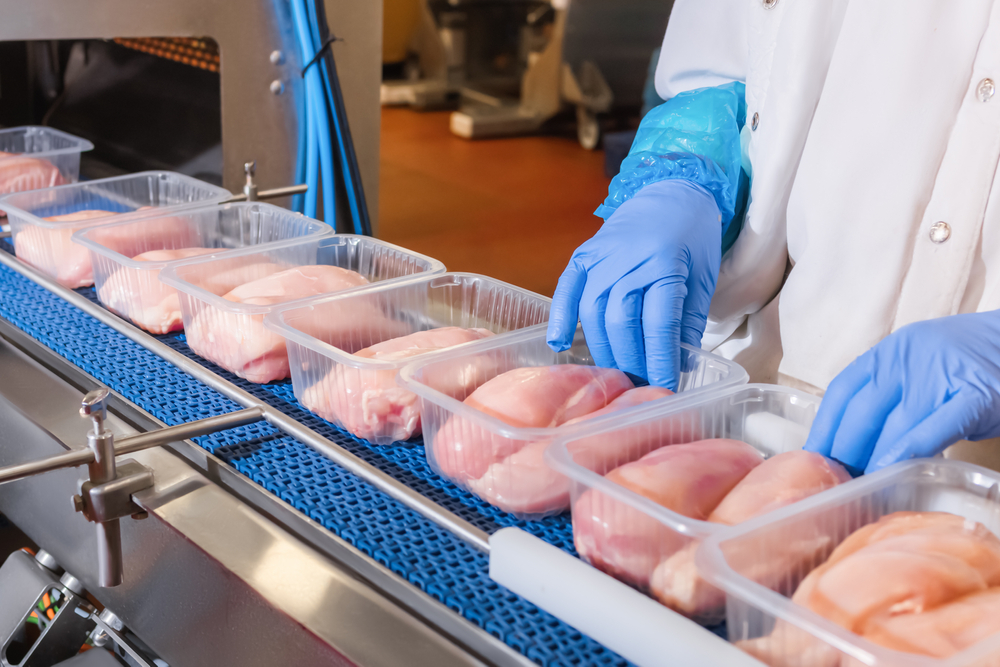Discover the vital role of Critical Control Points (CCPs) in food production, which involves numerous stages, from sourcing raw ingredients to delivering finished products to consumers.
Ensuring safety at every step is critical to avoid foodborne illnesses, contamination, or spoilage.
What are Critical Control Points (CCPs)?
Critical Control Points (CCPs) are specific stages in the food production process where hazards can be prevented, eliminated, or reduced to acceptable levels.
Hazards may be biological (e.g., bacteria, viruses), chemical (e.g., allergens, pesticides), or physical (e.g., glass, metal fragments).
Failing to manage CCPs can result in severe consequences for public health and business reputations. For instance, foodborne illnesses affect an estimated 600 million people globally every year, according to the World Health Organization (WHO).
Key examples of CCPs in food production/manufacturing
1. Cooking
Cooking food to a specific internal temperature is one of the most common CCPs. It ensures that harmful bacteria like E. coli, Salmonella, and Listeria are destroyed.
The Food Standards Agency (FSA) recommends cooking poultry to an internal temperature of at least 75°C to eliminate pathogens.

2. Cooling
Improper cooling allows bacteria to multiply rapidly, particularly in the “danger zone” of 5°C to 60°C. Rapid cooling is essential to minimise microbial growth.
According to the FDA, cooling failures account for nearly 40% of foodborne illness outbreaks in the United States.
3. Refrigeration and storage
Maintaining cold chain integrity is vital to preserving perishable foods. Storage temperatures must stay below 5°C for refrigerated items and -18°C for frozen goods.
4. Preventing cross-contamination
Cross-contamination can occur during food handling, preparation, or storage. Designated areas for raw and cooked foods and proper hygiene practices are crucial CCPs.

5. Metal detection
Physical hazards like metal fragments can inadvertently enter food products during processing. Metal detectors are often used as CCPs in food production facilities.
A survey by the Food and Drug Administration (FDA) found that 22% of food recalls involve physical contamination such as metal or glass fragments.
Why are Critical Control Points essential?
Managing CCPs is vital to ensuring food safety and regulatory compliance. They form the backbone of Hazard Analysis and Critical Control Points (HACCP) systems, which are mandated in many countries.
The Food Standards Agency reports the total cost of food crime in the UK is estimated to be between £410 million and £1.96 billion per year, due to food safety violations, much of which could be mitigated by proper CCP management.
Critical Control Points are essential for safeguarding food production processes, protecting consumers and businesses, and maintaining regulatory compliance.
By understanding and managing CCP’s in a HACCP effectively, food producers can reduce risks, enhance customer trust, and contribute to a safer food supply chain. Complete Food Safety can help you with this every step of the way.

